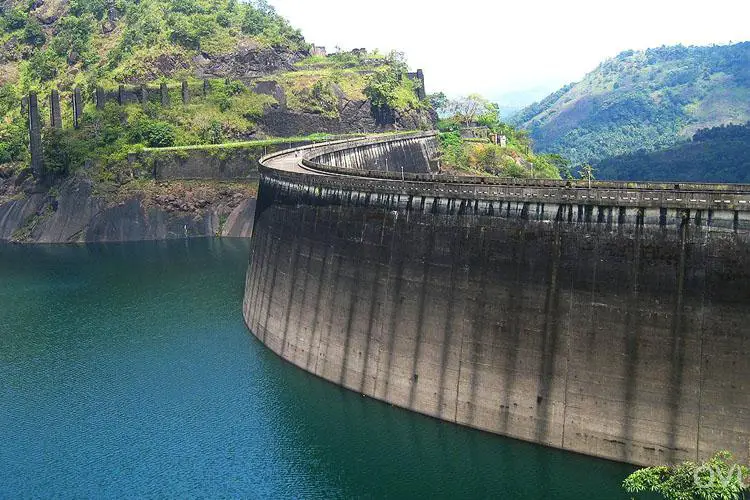Construction of a supply dam in Mekane Selam by the Federal Government of Ethiopia is on the cards. The town is located in the central region of the East African country located in the Debub Wollo Zone of the Amhara Region and the project is intended to improve access to clean drinking water in the area and its neighborhood.
The construction of a supply dam in Mekane Selam is to be enabled by the Ethiopian federal government and in partnership with a consortium made of Bioversity International, a member of the Consultative Group for International Agricultural Research (CGIAR) which is a global research partnership for a food-secure future and the International Center for Tropical Agriculture (ICTA), a non-profitable research and development organization dedicated to reducing poverty and hunger while protecting natural resources in developing countries.
The water project will be executed at a cost of approximately US$32M from the government of Ethiopia. According to the partnership, technical team led by the experts from Mekelle University is already developing a detailed and integrated “landscape master plan” for the project.
Also Read: Five water and irrigation projects to be developed in Ethiopia
The purpose of the proposed Mekaneselam water supply dam
The Mekane Selam water supply dam is mainly planned to improve the supply of drinking water to the people of the Mekane Selam town and its surrounding. Mekane Selam region is the second most populated region in Ethiopia with a population of about 100 000 inhabitants. The region is served by several underground wells, but their yield remains insufficient to support the city’s development. The situation is even expected to worsen due to the projected annual population increase of about 7% and a strong potential for expansion of industries, universities and other amenities.
Other than supplying clean water, the dam is also expected to supply water for irrigation of plantations around the Mekane Selam region, a strategy which will subsequently reduce the risk of drought for small scale farmers in the downstream areas.
Furthermore, the dam is planned to serve as a tourist and recreational center for the local population a move that will also be a source of income.
